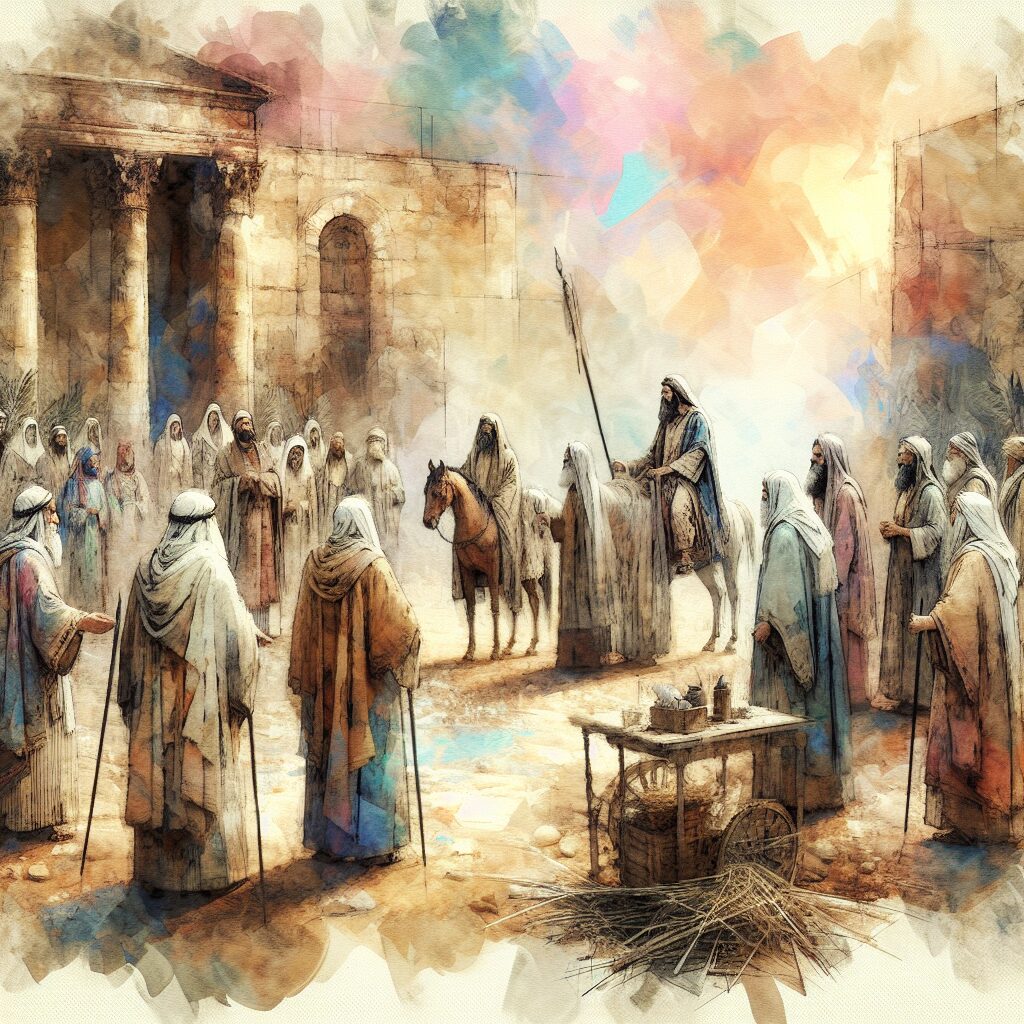Daily Bible Affirmation for March 25, 2025 – Psalm 61:7

Bible Verse
“He shall abide before God forever: O prepare mercy and truth, which may preserve him.” – Psalm 61:7 (KJV)
Reflection
Psalm 61:7, nestled within one of King David’s heartfelt prayers, evokes a sense of eternal security and divine favor. The verse speaks to the assurance that comes with dwelling in God’s presence. David, amidst his struggles and adversities, recognizes the enduring nature of God’s guardianship, a theme that resonates throughout the Psalms. In the context of the broader psalm, David is expressing a longing for God’s everlasting protection and an appeal for God’s mercy and truth to be the elements that safeguard him.
The promise that “He shall abide before God forever” reassures us of the eternal nature of God’s care and presence in our lives. This is a profound source of comfort, suggesting that no matter the circumstances we face, God’s watchful eye and loving hand are gently guiding us. Abiding before God isn’t just a physical proximity but a metaphor for a close, continuous relationship with Him. This relationship is characterized by communication through prayer, the reading of His Word, and meditating upon His promises.
The call for “mercy and truth” to preserve him serves as a reminder that these two attributes of God—His unfailing love and steadfast truth—are the bedrock of our faith. Mercy highlights God’s compassion and forgiveness, offering us a chance to start anew each day. In our daily lives, embracing God’s mercy can transform how we encounter challenges, viewing them not as insurmountable obstacles but as opportunities to rely more deeply on His grace.
Meanwhile, truth signifies the unwavering reliability of God’s character and promises. It reminds us that God’s Word is an anchor in the shifting tides of life’s uncertainties. When we embrace God’s truth, it acts as a lens to view situations from a divine perspective, allowing us to align our actions and thoughts with His will. This dual reliance on mercy and truth forms the spiritual armor that fortifies us against doubt, fear, and despair.
Applying this to daily life, we can cultivate a sense of constant presence with God by setting aside regular times for prayer and reflection, creating a habit of gratitude for His mercies made new every morning, and seeking truth through the Scriptures as a guide for our decisions and actions. Regardless of our circumstances, this relationship with God provides a perpetual source of strength and hope, assuring us that we are never alone.
Closing Thought
Psalm 61:7 invites us into a deeper trust in God’s enduring presence and promises. Mercy and truth are not only divine attributes but gifts that can preserve us through life’s trials. Let us embrace them daily, knowing they are the keys to living a life anchored in faith and filled with unwavering hope. May we, like David, find solace and strength in the unchanging and everlasting presence of our loving God.
Daily Bible Affirmation for March 25, 2025 – Psalm 61:7 Read Post »



